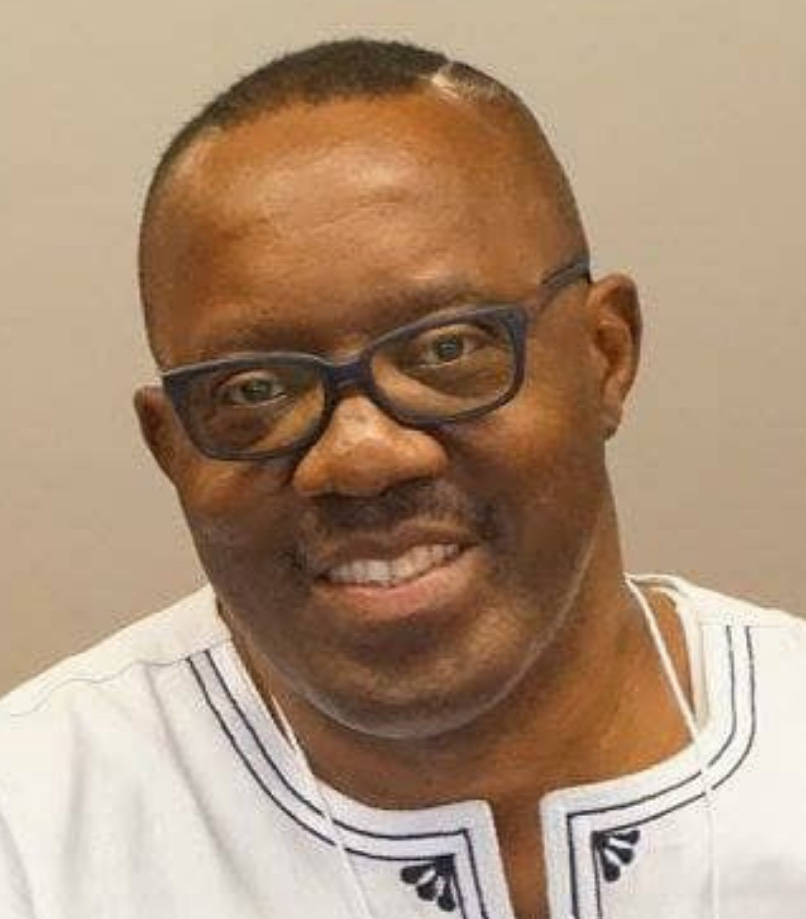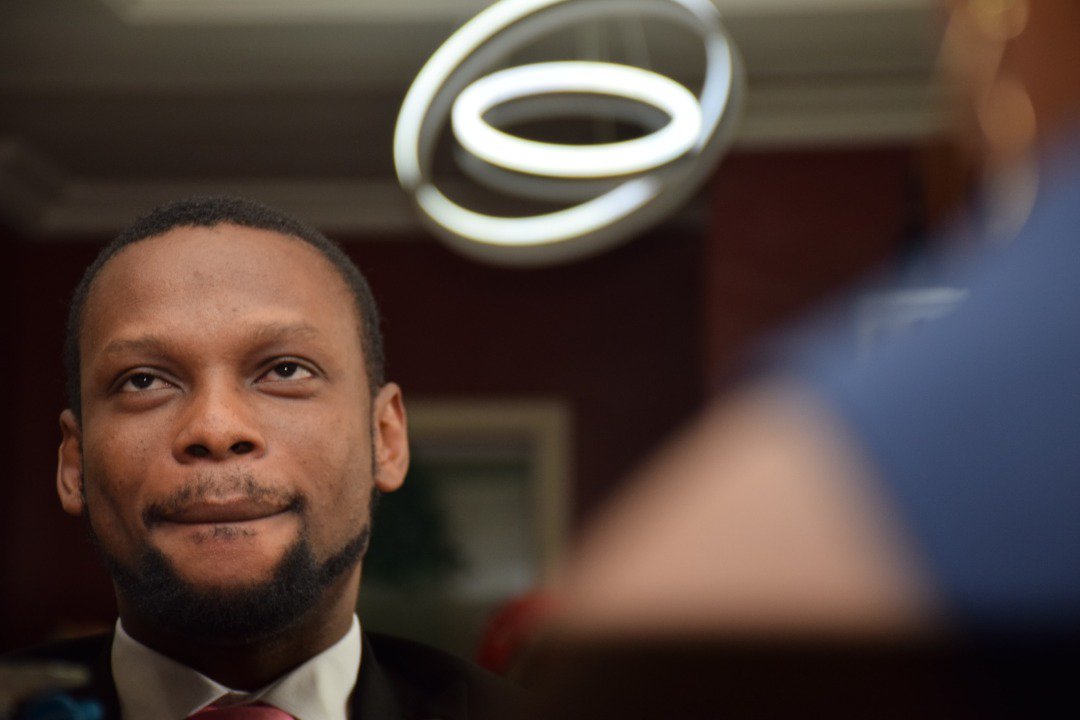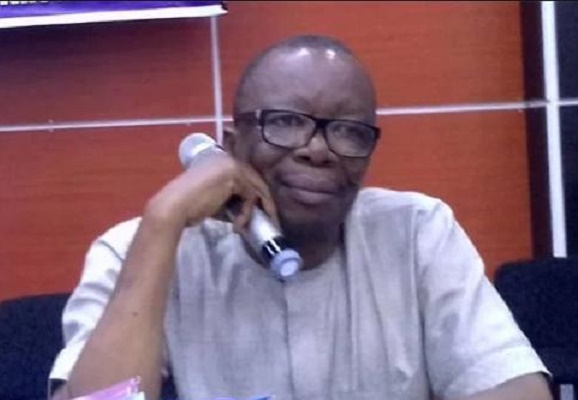In September 2010 my friend and former colleague at The Guardian, Jahman Anikulapo, introduced a young and brilliant reporter to me for an assignment. His name was Fisayo Soyombo. In response to his clever execution of the assignment, I sent him an e-mail on September 30, 2010, from which the following is excerpted:
Dear Fisayo,
Thanks so much for the seriousness with which you have taken this assignment. I have not met you — or have I? — but I have formed positive impressions of you and would certainly show gratitude in the near future…
I followed through by offering a research assistant job to Soyombo. He was enthusiastic about it and asked for some time to review the assignment. A few days afterward, he sent me an e-mail that boosted my admiration for him.
Advertisement
Dear Sir;
I have spent the last two days thoroughly reviewing this assignment.
I was very enthusiastic about handling it, not for the money but for the relationship it would help me build with you. And that is why, if you observed, I didn’t even mention remuneration in my previous mail on the subject.
Advertisement
However, events of the last three days leave me with no choice but to turn it down, SOLELY because I am unsure of my steady availability in Lagos over the next four of five months. Between now and third week of September, for example, I would be out of Lagos on three occasions — one of them out of the country. I would not want to take this research project on and then default.
If you want me to help you get someone who can work for you, though, that is something I would be inexplicably pleased to do.
I look forward to reading from you soon, sir.
Thank you so very much.
Advertisement
‘Fisayo
I was deeply touched by Soyombo’s candour and his insouciance to the pecuniary benefit associated with the assignment. This was amplified by my prior experiences, as I had quickly become accustomed to the obsession with financial gain shown by some other journalists in Nigeria’s convoluted media ecosystem.
Three years after this initial exchange I was appointed into a tenure-track position at Carleton University. My friend Calixthus Ehi Okoruwa, a communications management consultant and publisher of the online newspaper Flair Nigeria, wanted to cover a “newsy” angle of the appointment and assigned the task to “one of his best hands.” It turned out to be the same highly driven, no-bull, young professional, Fisayo Soyombo. Soyombo informed me that he had left The Guardian. He embraced the new Flair Nigeria assignment with vigour and impressive professionalism — much of the same outstanding disposition that I had identified in my initial encounter with him. His article was published with the title “Nduka Otiono Appointed First IAS Professor At Canadian University.” To write the article, he contacted the founding Director of the Institute of African Studies who coordinated the interview for my appointment, Professor Blair Rutherford. He had decided to contact Blair after, in his words, “Having unsuccessfully scoured Carleton University’s website in search of an official statement on the appointment.” He was then “wondering if [Professor Rutherford] would be willing to make a sentence or two on behalf of the university: just what the appointment means to Carleton University, and the exact qualities that qualified him for the position.”
When the article was published, I was struck by the authoritative voice of the young author and how much he packed into the short piece. The article was immediately culled by other Nigerian media outlets.
Advertisement
This week, the professional honours which have punctuated Soyombo’s distinctive career have been extended by yet another award – a prestigious fellowship to the Reuters Institute for the Study of Journalism (RISJ) at the University of Oxford. This honour comes barely over one year after Soyombo founded the Foundation for Investigative Journalism (FIJ) in late 2020 — in the brutal era of a pandemic. As revealed in the news story on the FIJ website, Soymobo’s appointment to RISJ entails a six-month stay at the prestigious institution researching “the rise of a willing army against the truth — the practice of drowning out a genuine work of journalism with coordinated media campaigns that confuse unsuspecting members of the public, consequently leaving the authenticity of the story in tatters.”
The journey to this high point in Soyombo’s sparkling career has been defined by rugged industry and audacious investigative narratives conducted at great personal costs and privations. His best-known article is his 2019 three-part story titled “UNDERCOVER INVESTIGATION: Drug abuse, sodomy, bribery, pimping… The cash-and-carry operations of Ikoyi Prisons” and published in TheCable, an online newspaper where he worked as an editor. The article was a blazing undercover investigation on the weaknesses of Nigeria’s criminal justice system for which Soyombo got himself detained for five days in a police cell and eight days in Ikoyi prison following his arraignment in court.
Advertisement
Always pursuing the big, challenging assignment that is driven by the quest for social justice, in 2018 Soyombo also tackled corruption in the security system in Nigeria. He drove a stolen car from Abuja, Nigeria’s federal capital, to Lagos, the country’s commercial hub, and back to Abuja—“a journey of over 1,600km that lasted a cumulative 28hours 17minutes.” He successfully executed the daring assignment by beating policemen at 86 checkpoints on the highway through “bribes.” The story was published as “REPORTER’S DIARY: With N46,000 bribe, I drove a ‘stolen’ car from Abuja to Lagos, and back!”
Unsurprisingly, Soyombo has garnered many important recognitions for his exceptional work. A three-time winner of the Wole Soyinka Prize for Investigative Reporting, his other awards include the inaugural People Journalism Prize for Africa for the series on prison corruption. In the same way that he pursued the common good rather than financial gain when I met him in 2010, Soyombo donated his N500,000 share of the People Journalism Prize to The Justice Project (TJP). As one reporter put it, Soyombo “invited his Twitter friends to quadruple the amount.” He has also been decorated with the following awards: Local Reporter category of the 2020 Kurt Schork Awards in International Journalism—after making the shortlist in three preceding years; Diamond Award for Media Excellence (DAME); Free Press Awards, Hans Verploeg Newcomer of the Year category; and the PricewaterhouseCoopers (PwC) Journalism Excellence Awards, Journalist of the Year (Business and Economy Reporting). He has been runner up and finalist for many other awards.
Advertisement
An alumnus of the University of Ibadan, like myself, Soyombo’s journalism experience has been enriched by working as an editor of TheCable and the International Centre for Investigative Reporting (ICIR), as well as a managing editor of Sahara Reporters, an online news agency with a focus on citizen journalism. As Soyombo goes to Oxford a decade after our paths crossed, his self-portraiture as “Seeker, digger & teller of hidden stories” is poised to assume greater intellectual and global significance.
Nduka Otiono is a writer and Associate Professor of African Studies and English at Carleton University, Ottawa, Canada.
Advertisement
Views expressed by contributors are strictly personal and not of TheCable.
Add a comment







